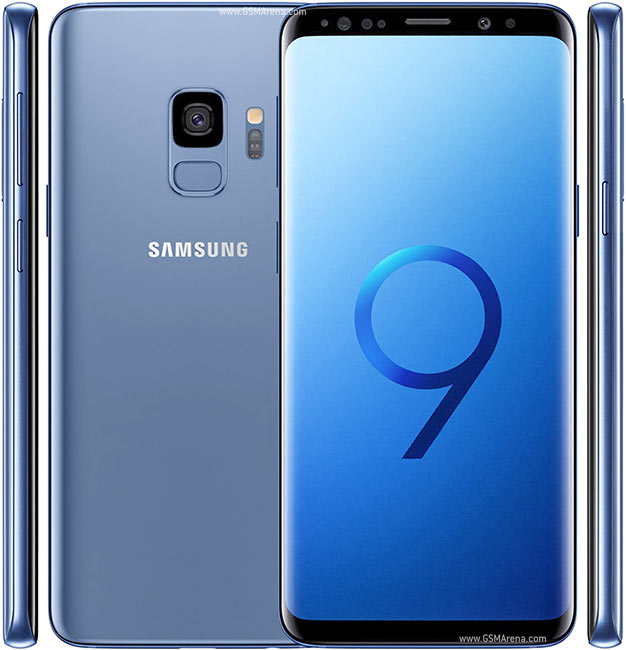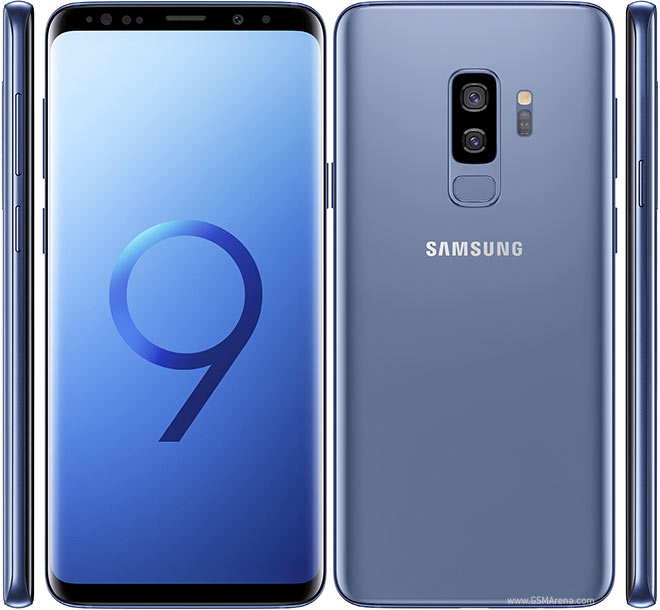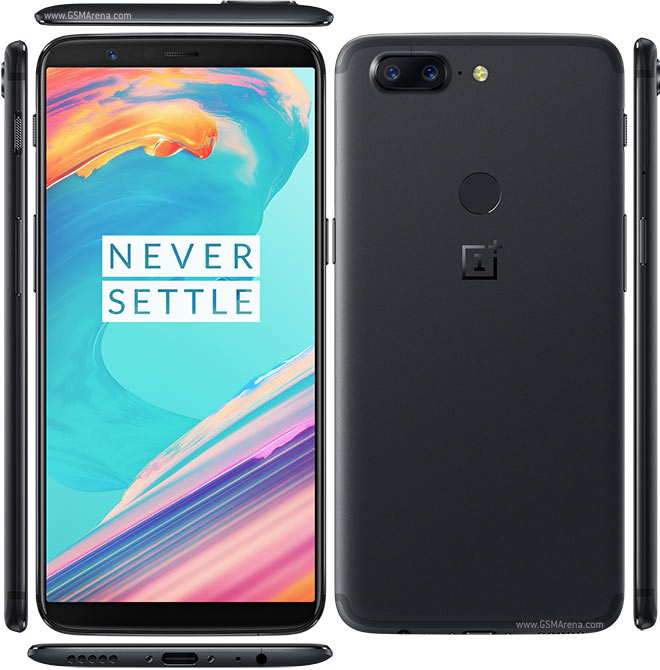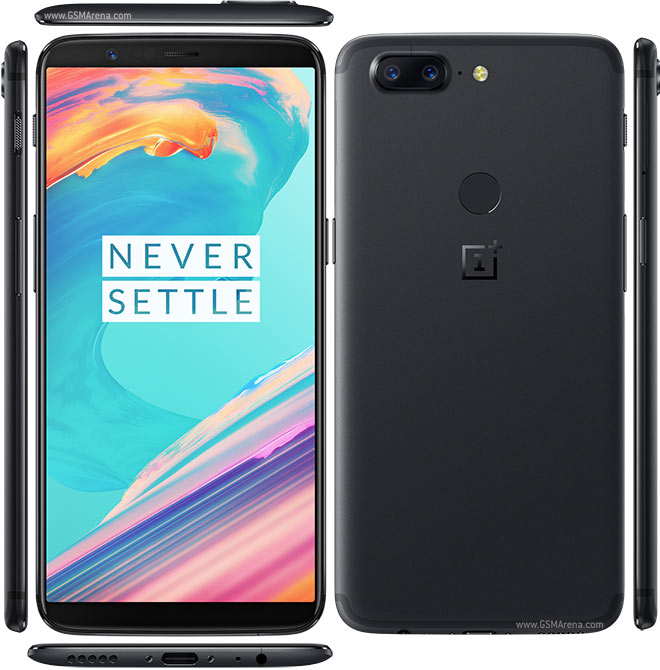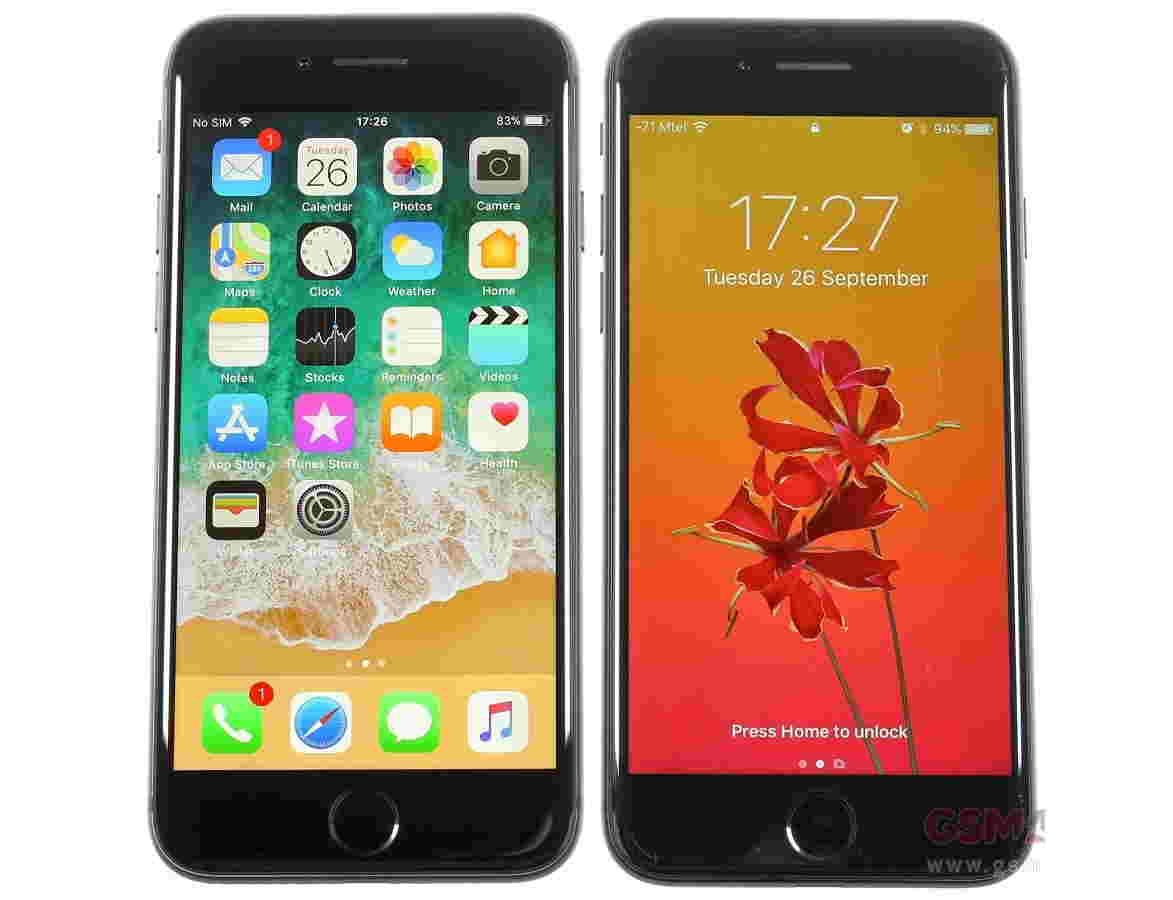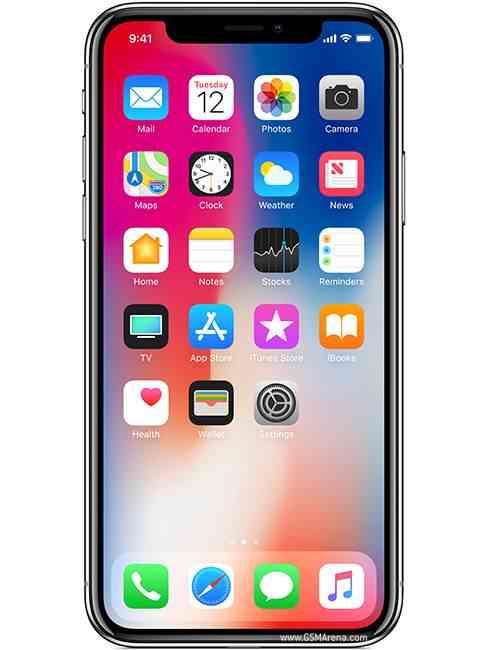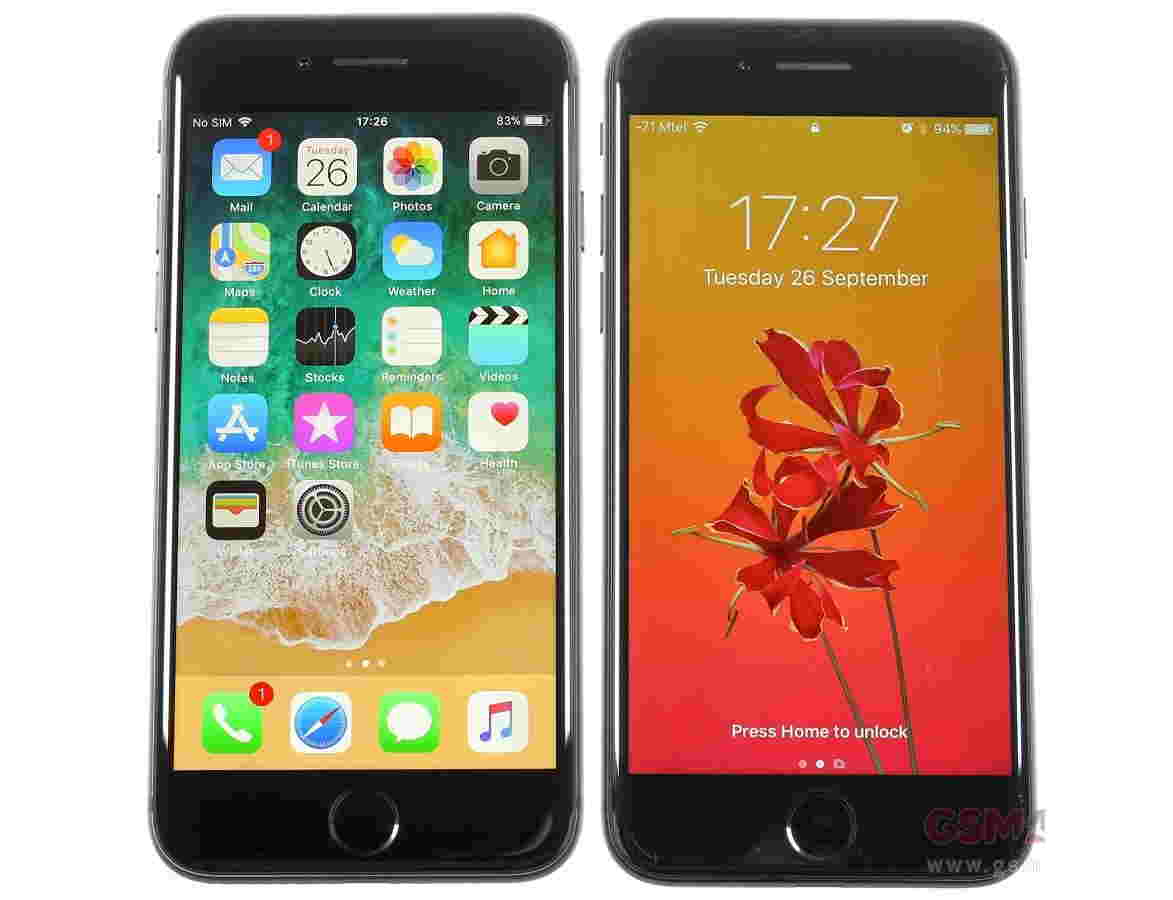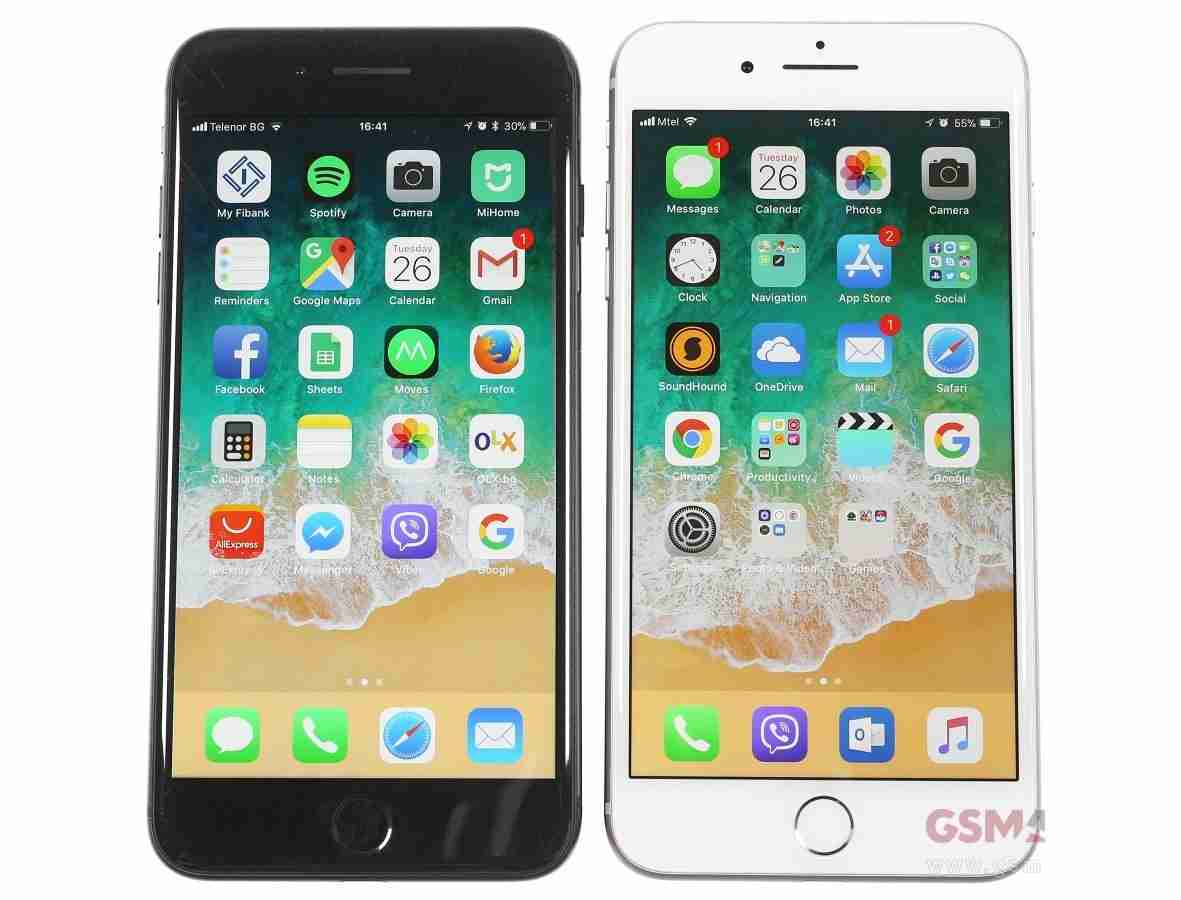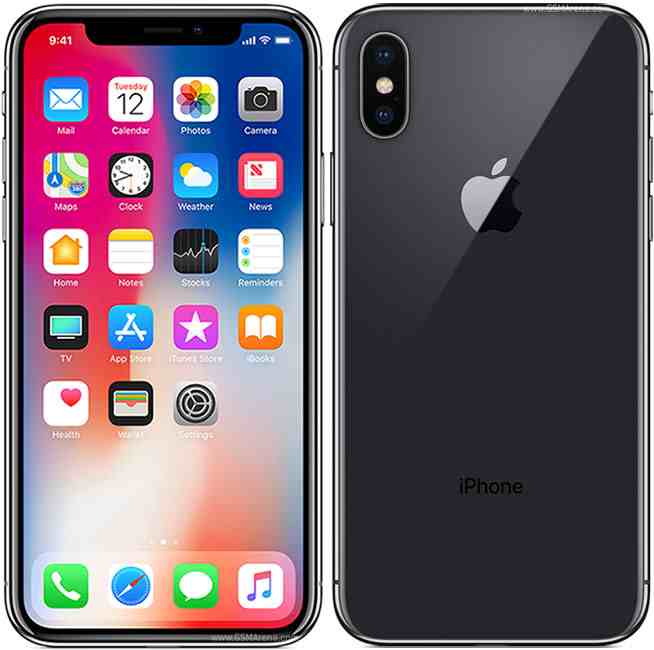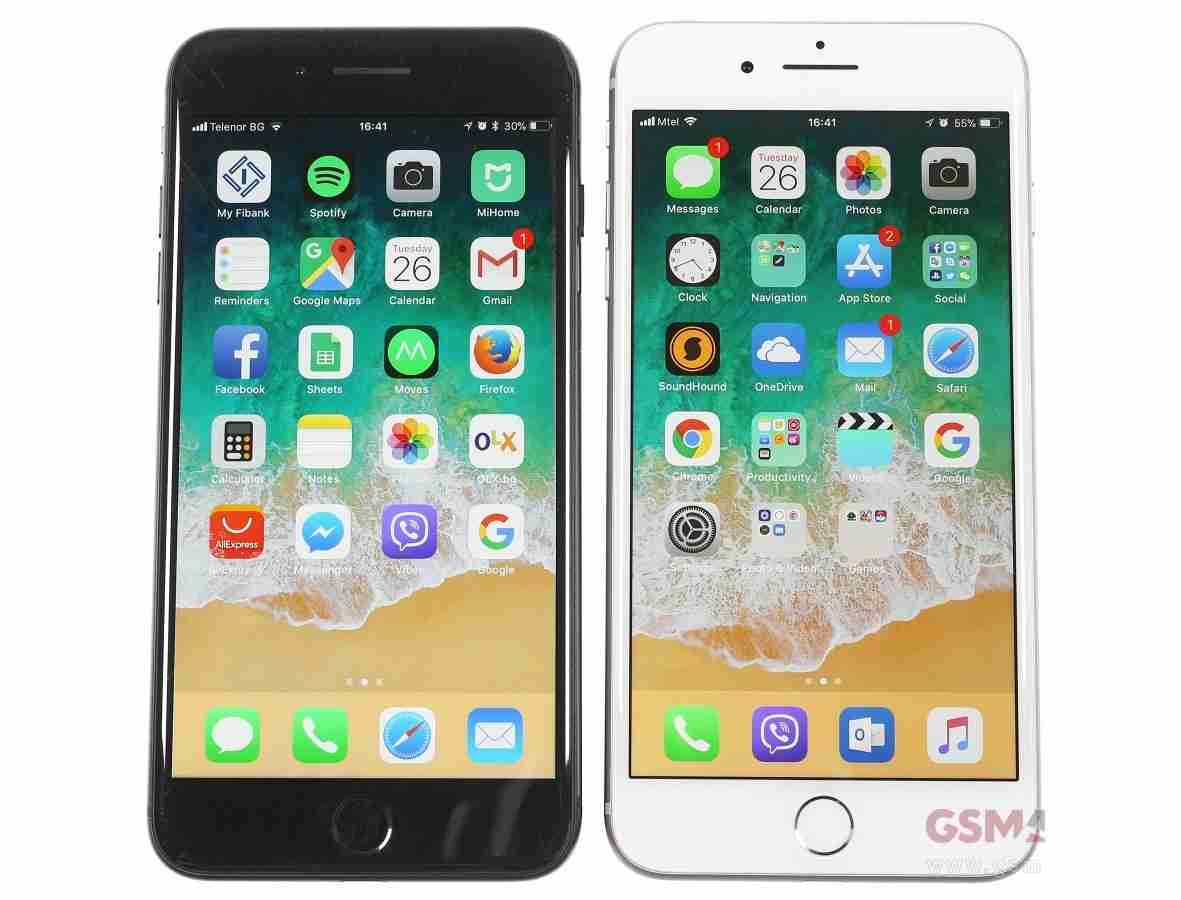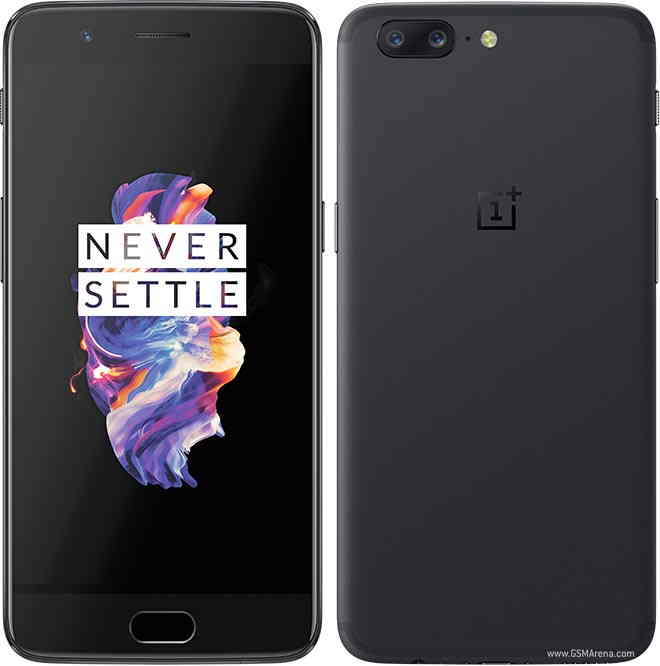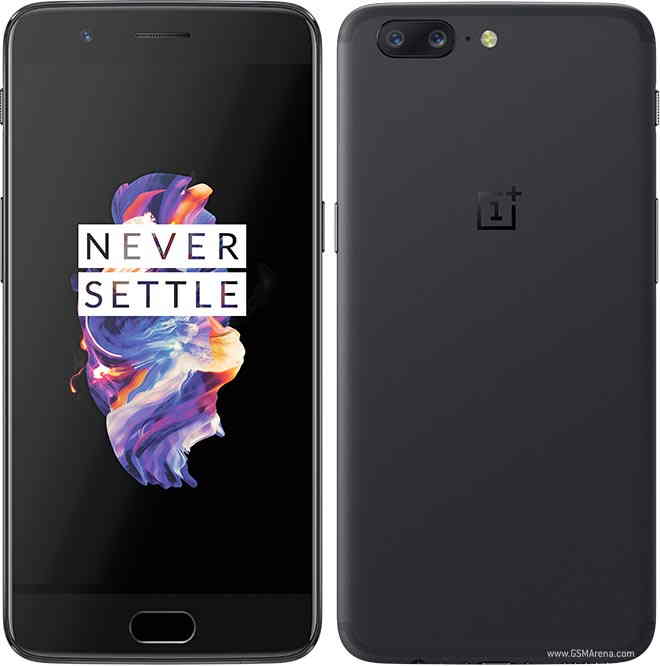
In 2016 Apple introduced its new wireless earbuds called AirPods. The AirPods were something of a shock to everyone as there were few, if any, rumors that Apple was about to announce a new product.
That level of secrecy is rare nowadays for Apple, whose iPhone and Mac designs generally leak months before the products are announced. In the year since the AirPods’ release, they’ve garnered massive praise from tech pundits and consumers alike.
Matter of fact, as the NPD Group recently reported, Apple’s AirPods have accounted for 85% of the wireless earbuds sold so far in 2017:
Since launching in December, Apple’s AirPods have accounted for 85 percent of totally wireless headphone dollar sales in the U.S., according to NPD’s Retail Tracking Service. With a use case centering on frictionless access to Siri and other tasks initiated by voice, AirPods really act as an extension of the iPhone. Apple’s path to leadership in the category is helped by disruptive pricing, brand resonance, and excitement over the W1 chip, which significantly eases Bluetooth connections to iOS and Mac devices.
As noted above, a big feature of the AirPods is Apple’s W1 wireless chip inside of them. Matter of fact, Apple has so much faith in the chipset that it's expanded its use to the recently released Beats Studio3 Wireless headphones (Apple owns the Beats brand). But just what is the W1 chip exactly? Here’s everything you need to know.
Apple’s W1 Wireless Chip: It Uses Bluetooth Technology, But It’s More Than Bluetooth
The W1 chip is designed in-house by Apple based on existing Bluetooth technology. Matter of fact, it uses Bluetooth 4.1 for connectivity. However, the W1 is much more than just a custom Bluetooth chipset.
Apple has added tech to it that makes pairing effortless when you pair it with supported devices. Normally the pairing process between any Bluetooth headset and a device like a smartphone is a bit cumbersome, requiring you to open up your Bluetooth settings and manually select the headphones you want to pair.
But thanks to tech in the W1 chip, that manual pairing requirement is history. As soon as the W1 detects your iPhone—even for the first time—it pairs with it within second (without you having to do a thing.
Apple’s W1 Wireless Chip: Other Benefits
But the W1 chip does more than just simplify pairing. The technology in the chip also allows the two individual AirPods to stay in sync and properly balanced–a huge feat considering they are both separate devices. Finally, the W1 chip gives you better battery life than standard Bluetooth chips.
Apple’s W1 Wireless Chip: Supported iOS devices and Macs
The advanced pairing features of the W1 chip works with iOS devices, Macs, and the Apple Watch. In order to take advantage of the advanced features, you’ll need an iPhone, iPad, or iPod Touch running iOS 10.2 or later; an Apple Watch running WatchOS 3 or later; or a Mac running MacOS Sierra or later.
But the W1 chip can also work with older Apple devices not running the software mentioned above. This is because it uses standard Bluetooth 4.1 tech too. That means it can pair the old fashioned way with most Apple devices that support Bluetooth.
Apple’s W1 Wireless Chip: It Does Work With Android Devices Too–Kinda
Just as the W1 chip can pair with most Apple devices that support Bluetooth (albeit without the advanced pairing features if those devices aren’t running the required software), the W1 chip can also pair with Android devices and even Windows PC the old fashioned way too. Again, you won’t get the instant pairing feature set, but W1 headphones will pair like any other Bluetooth headphones to most devices.
Apple’s W1 Wireless Chip: What Headphones Have It?
Since Apple makes it, the W1 is only found in the company’s AirPods and a select range of its Beats products right now, including the Beats Solo3 Wireless, Beats PowerBeats3 Wireless, BeatsX, and Beats Studio3. There’s no word yet on whether Apple will license the W1 tech to non-Apple made headphones.






